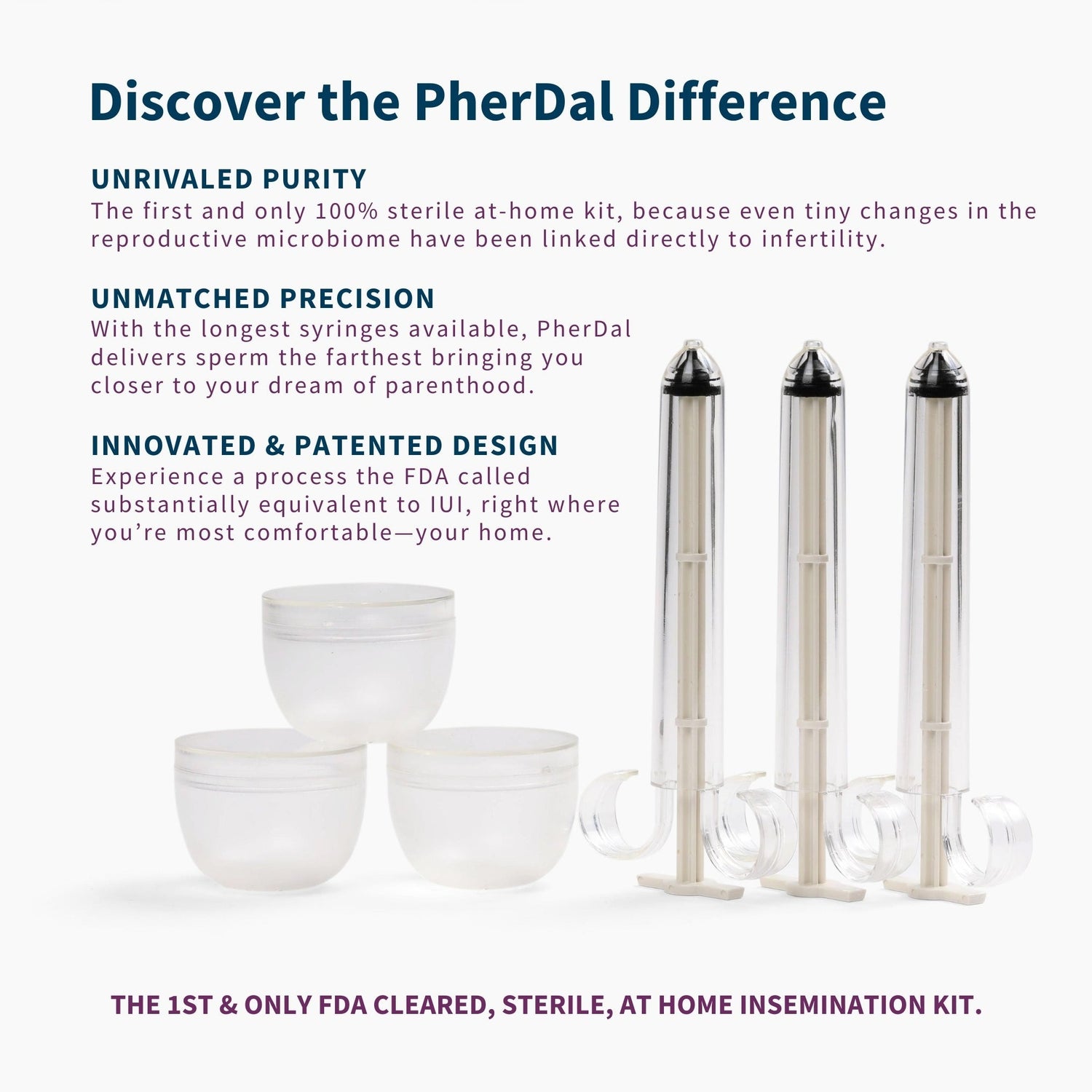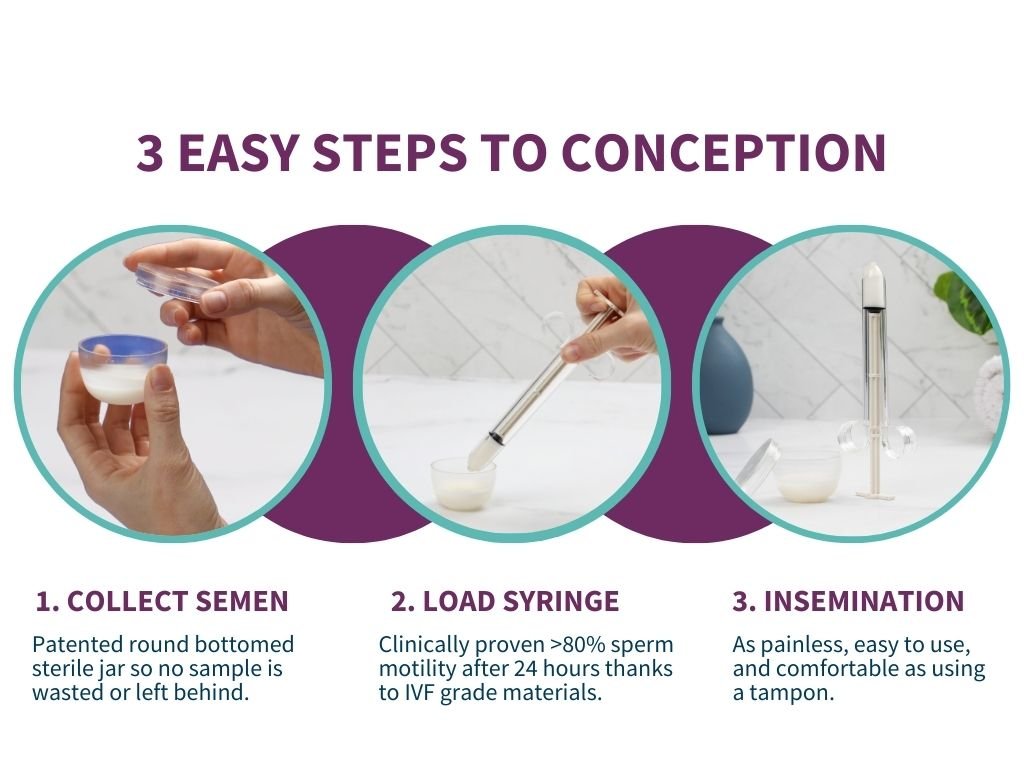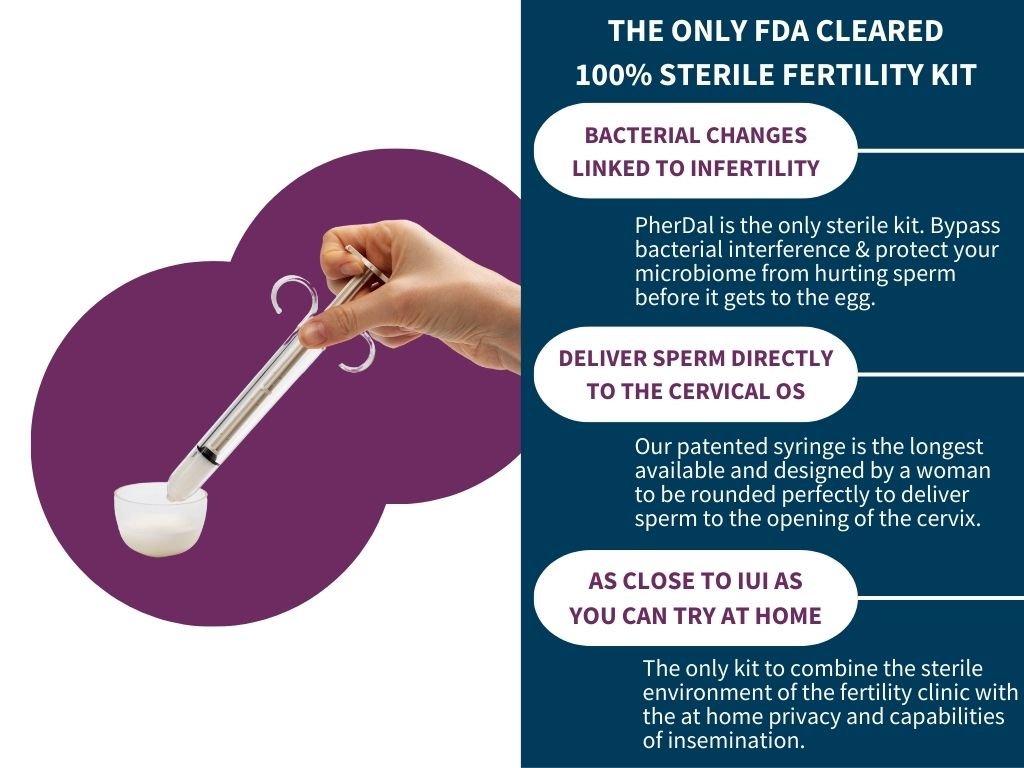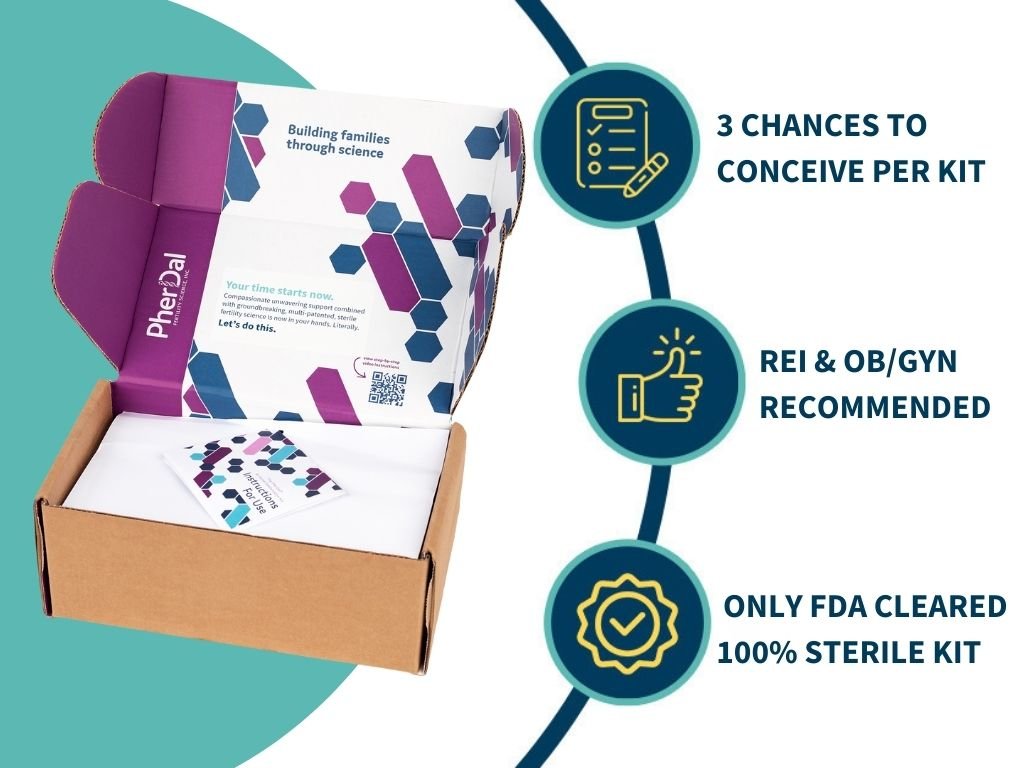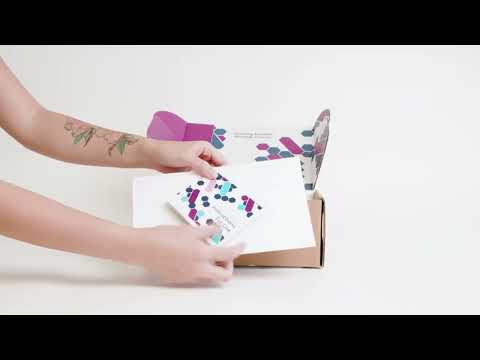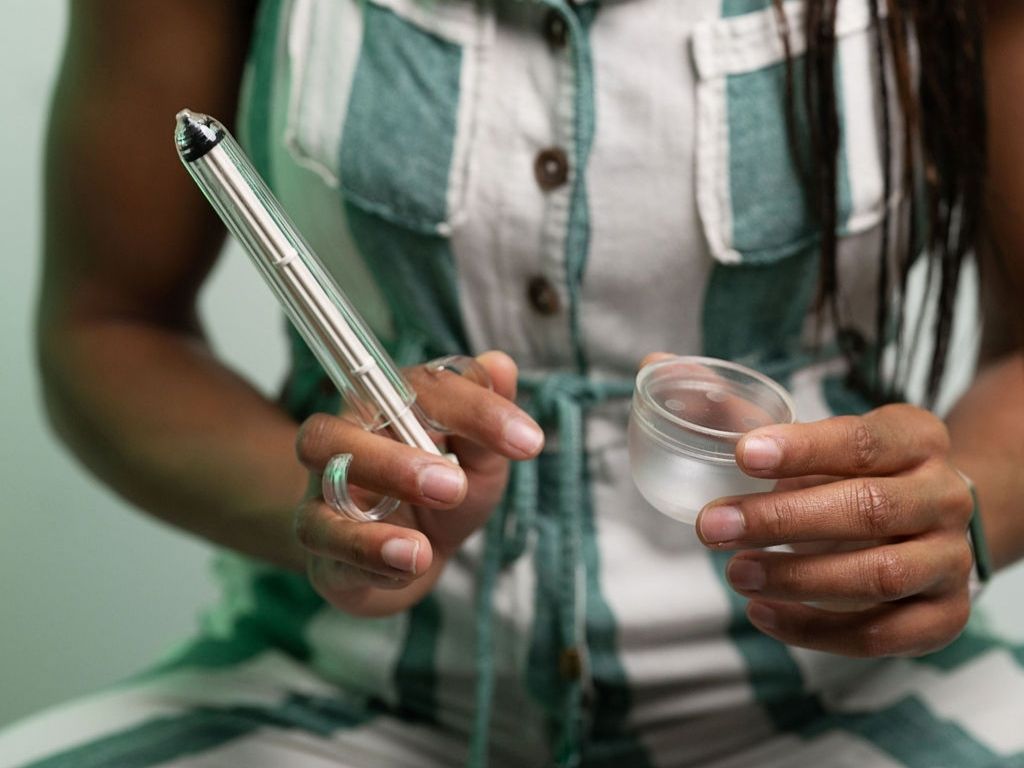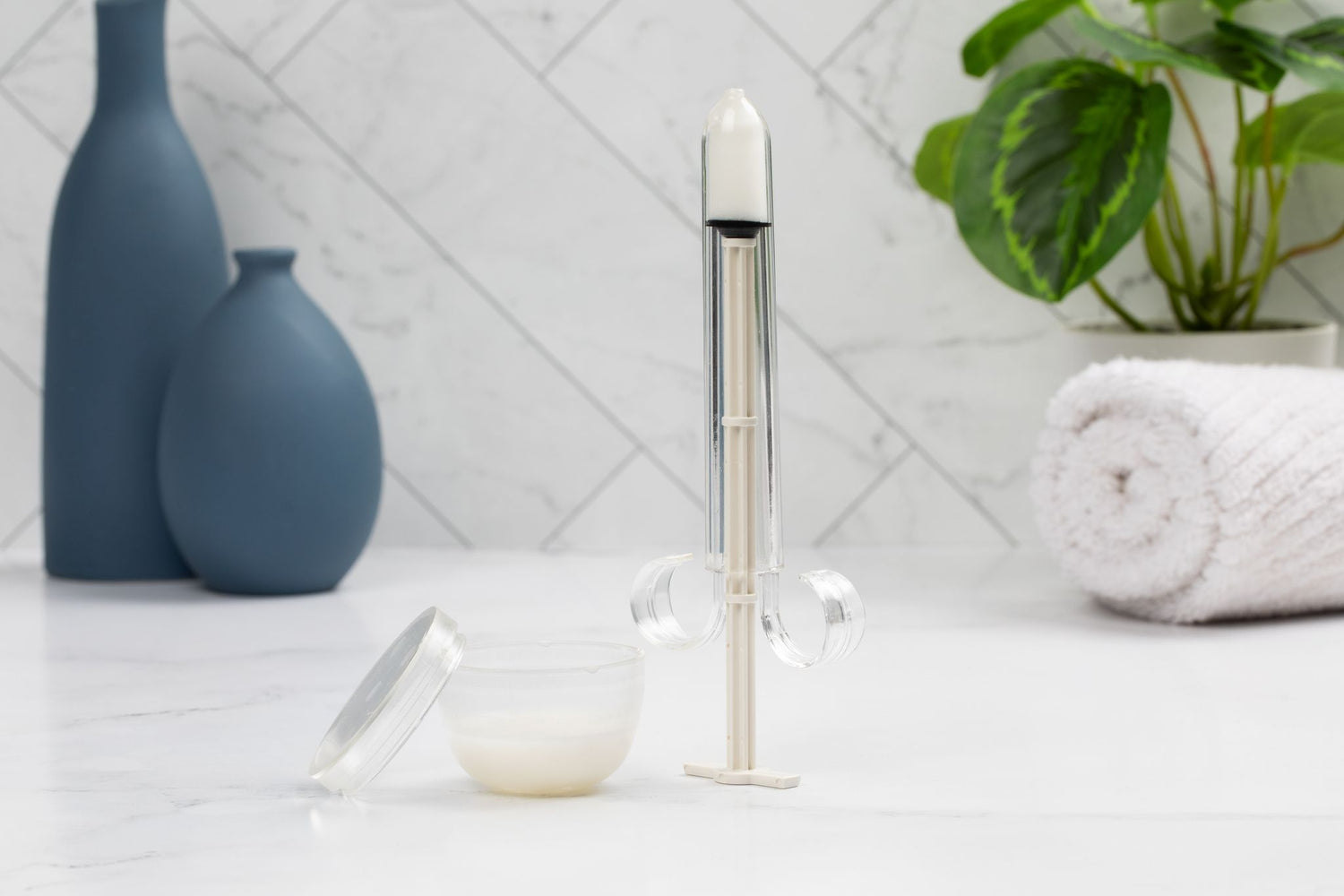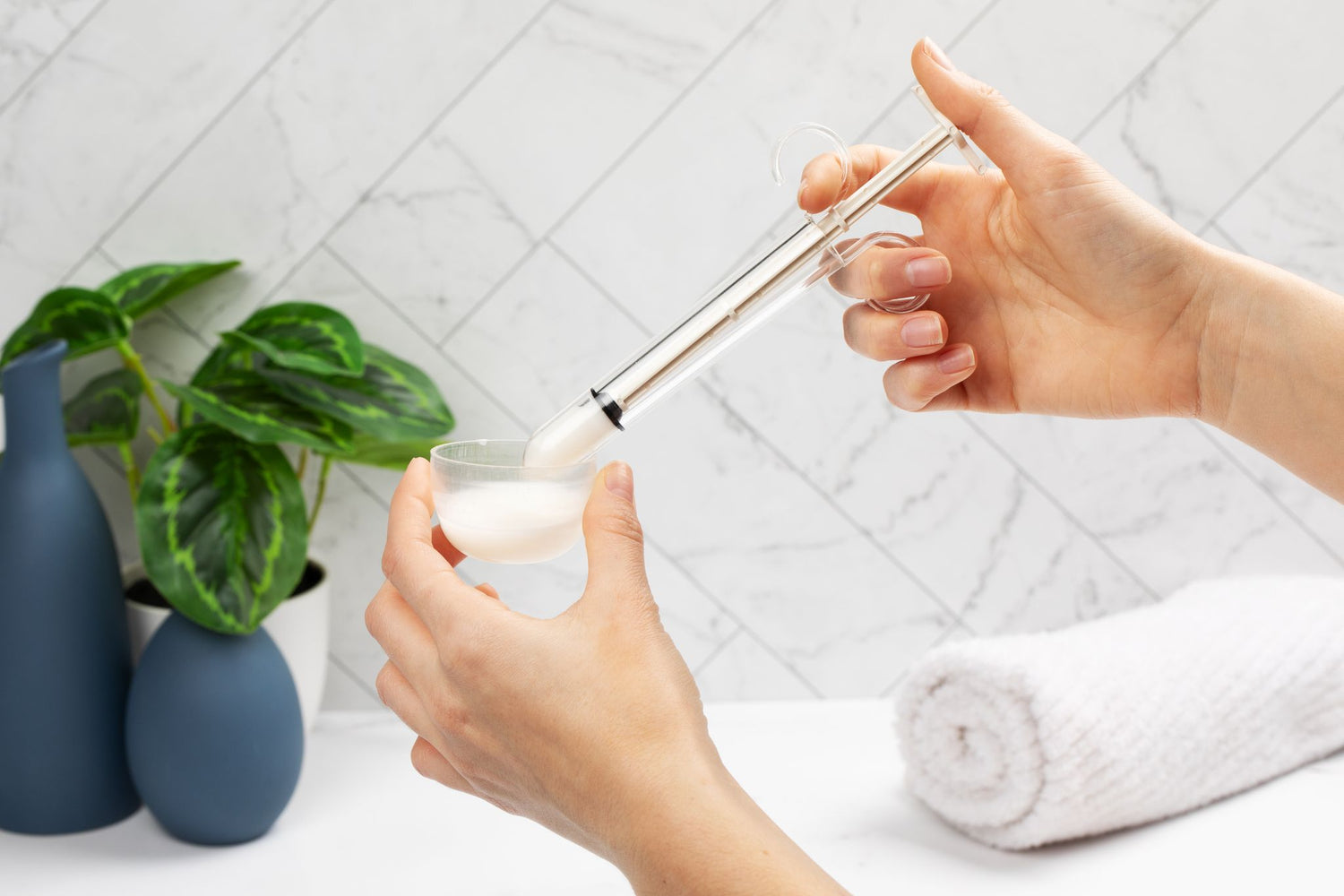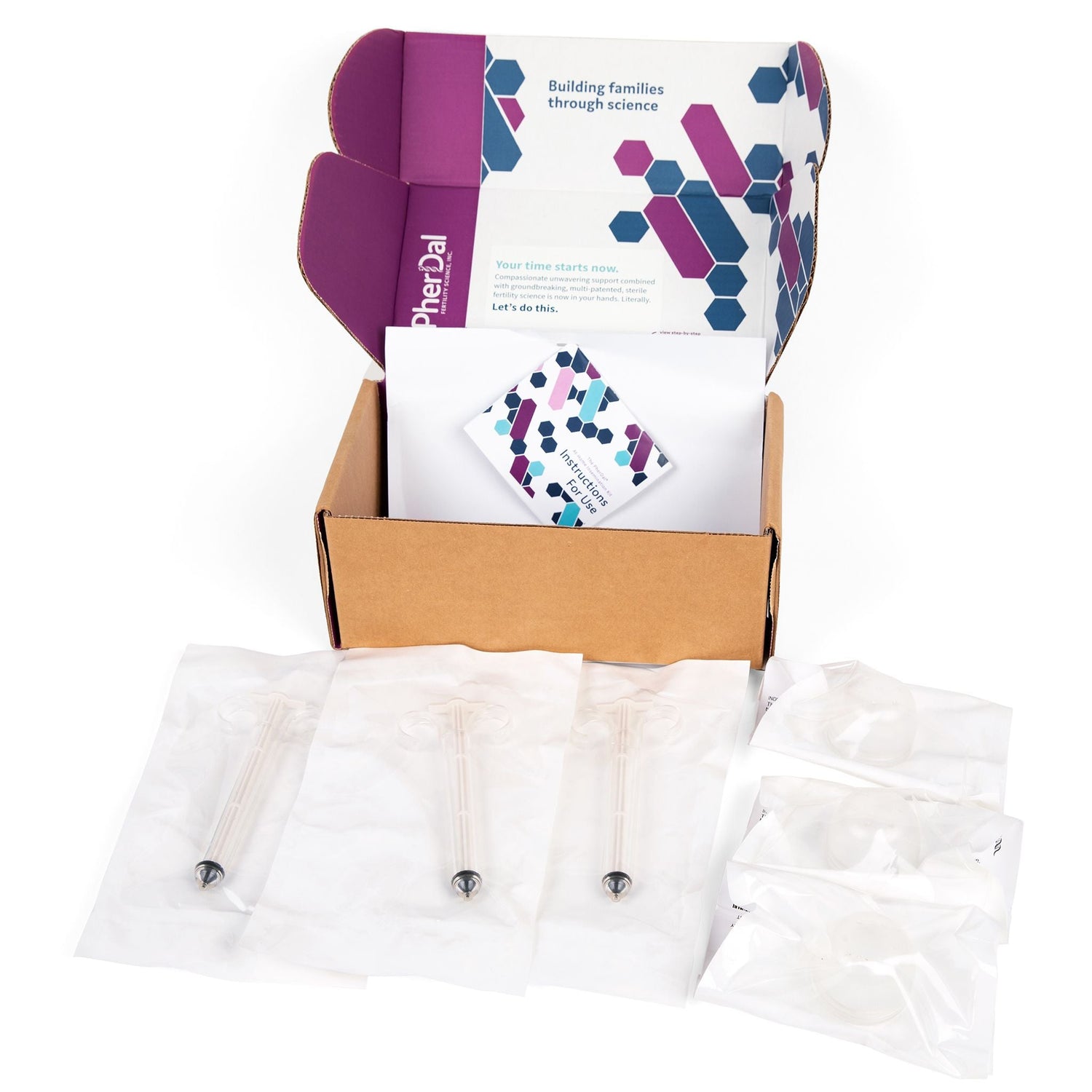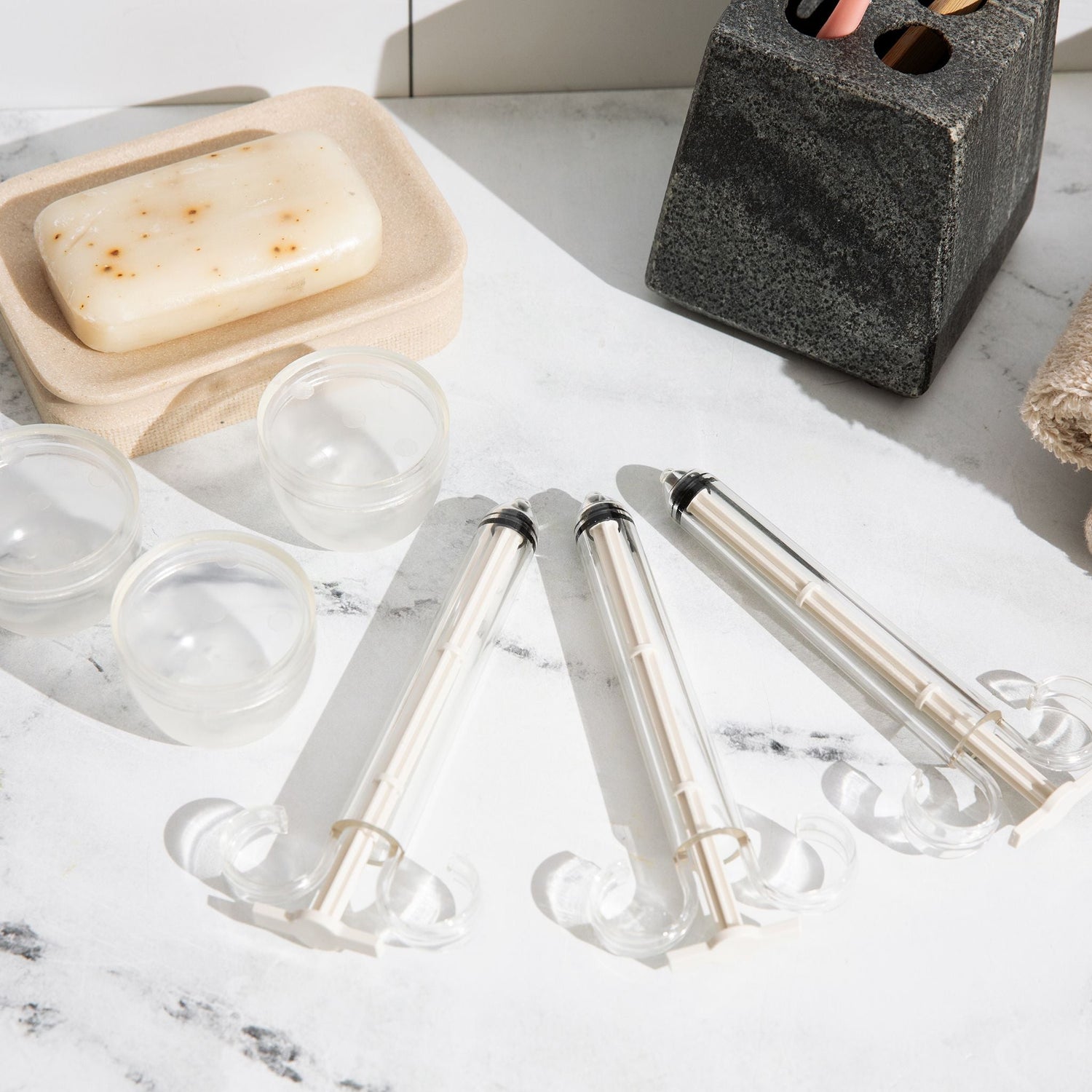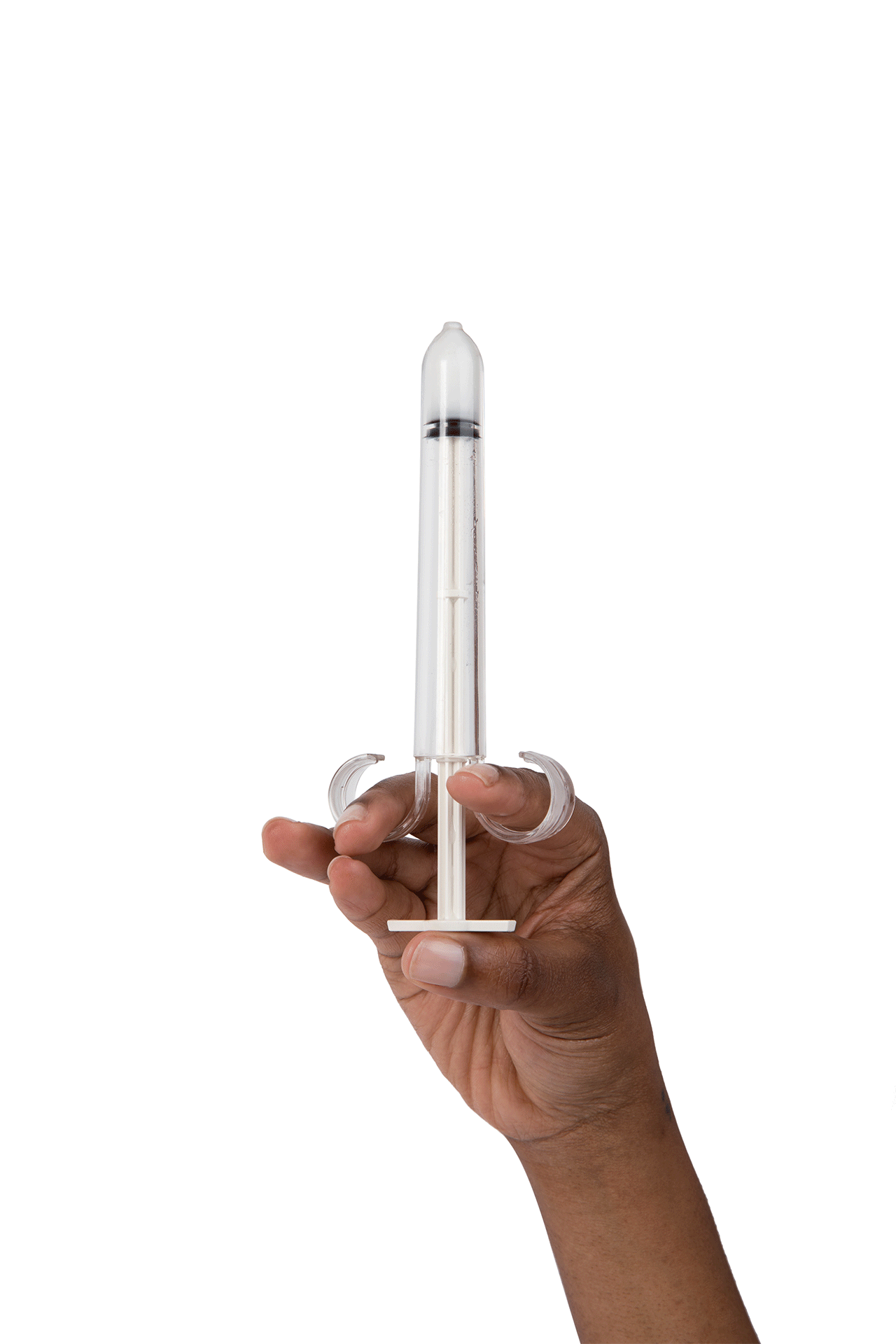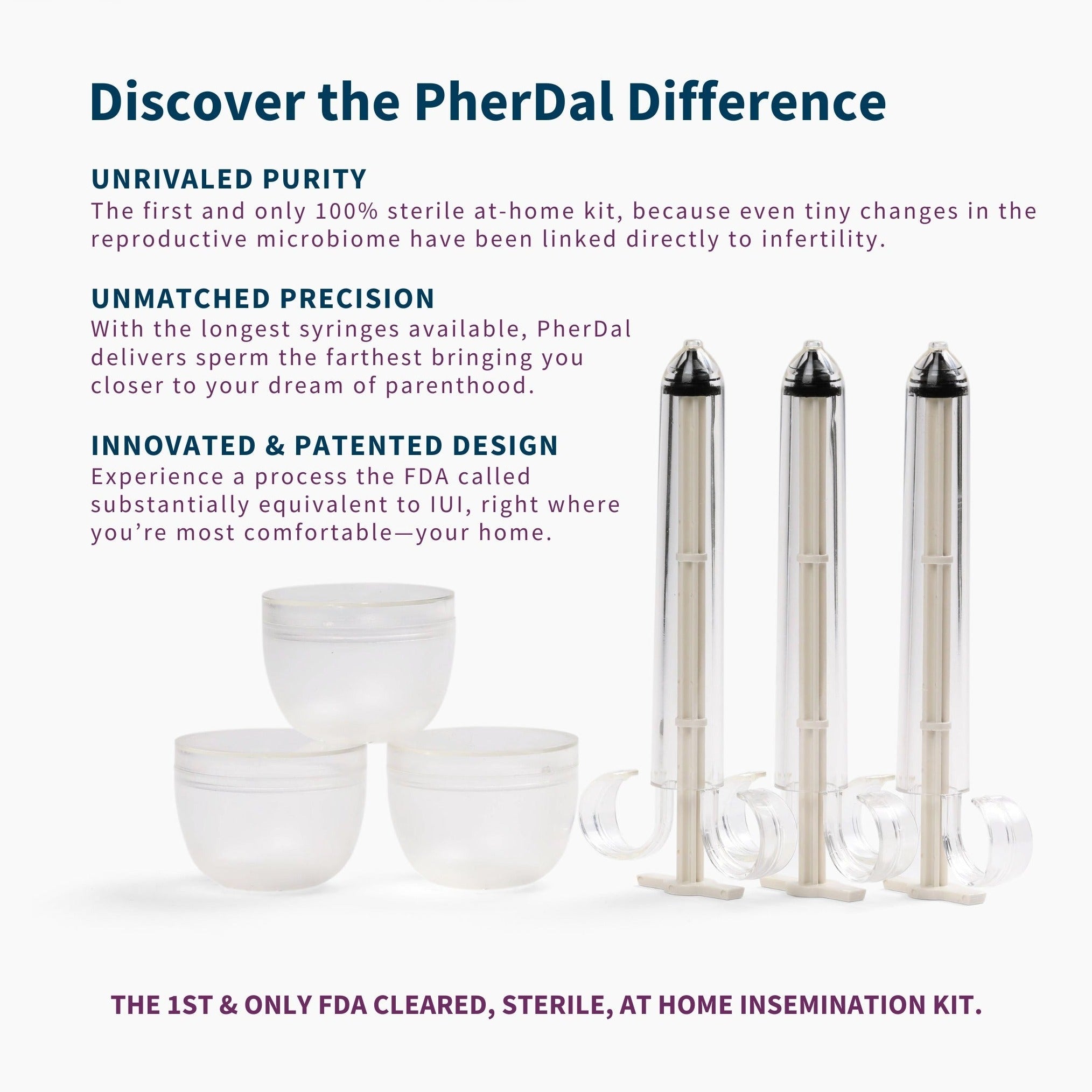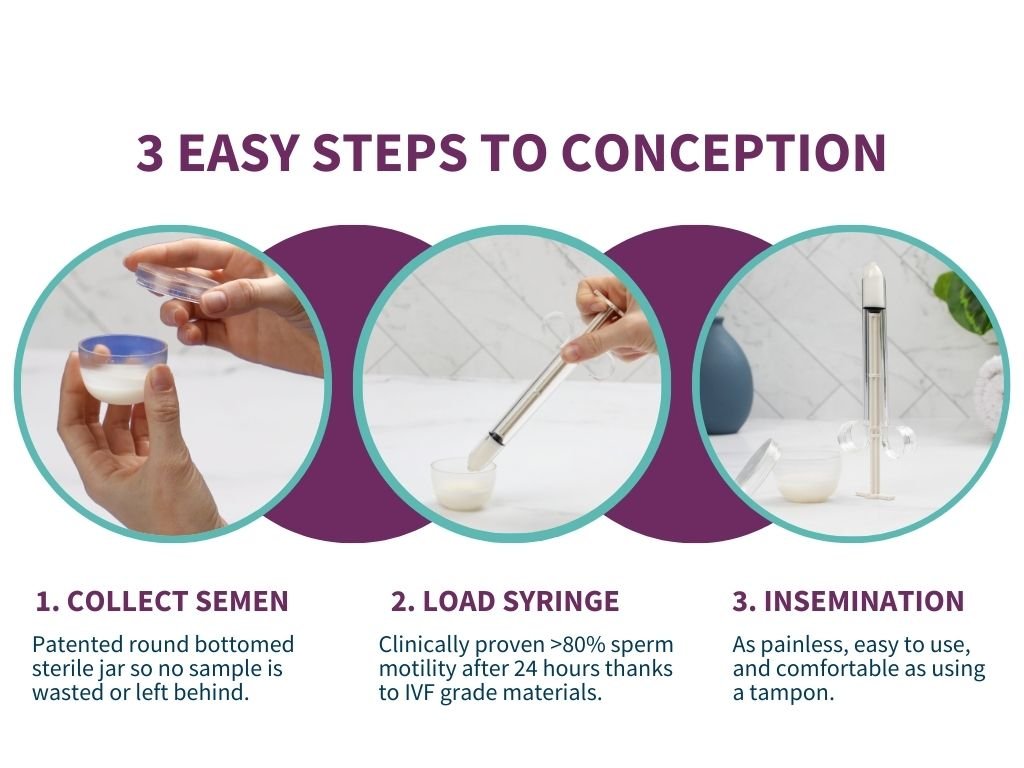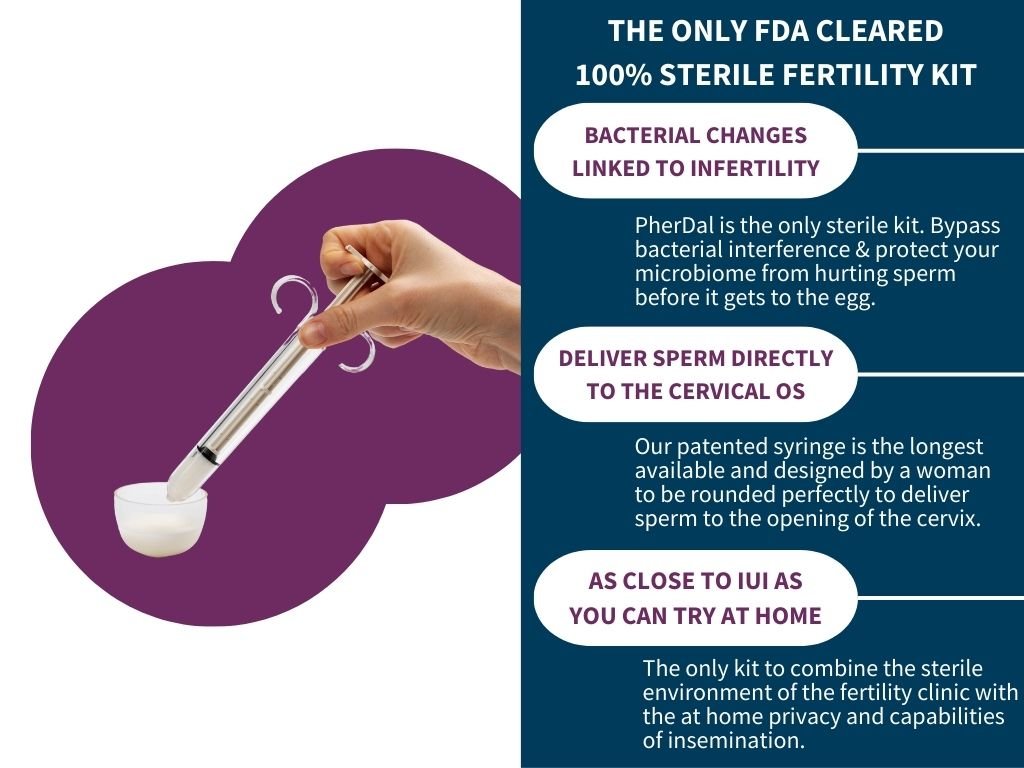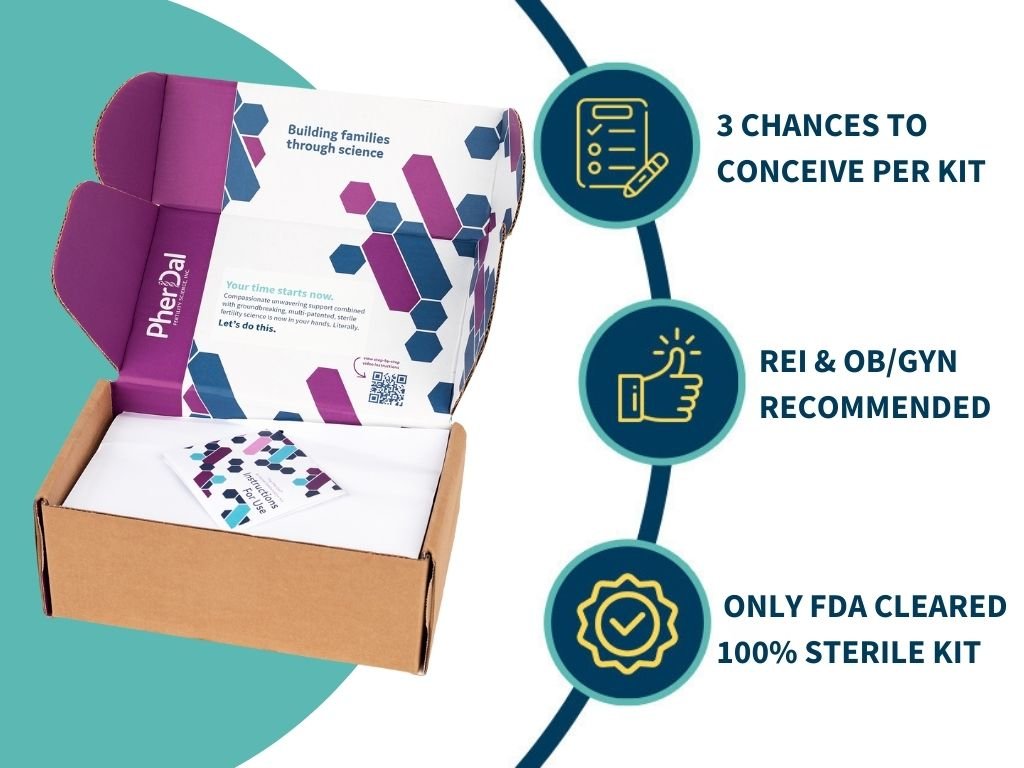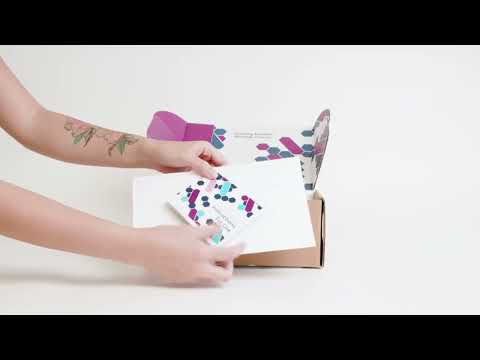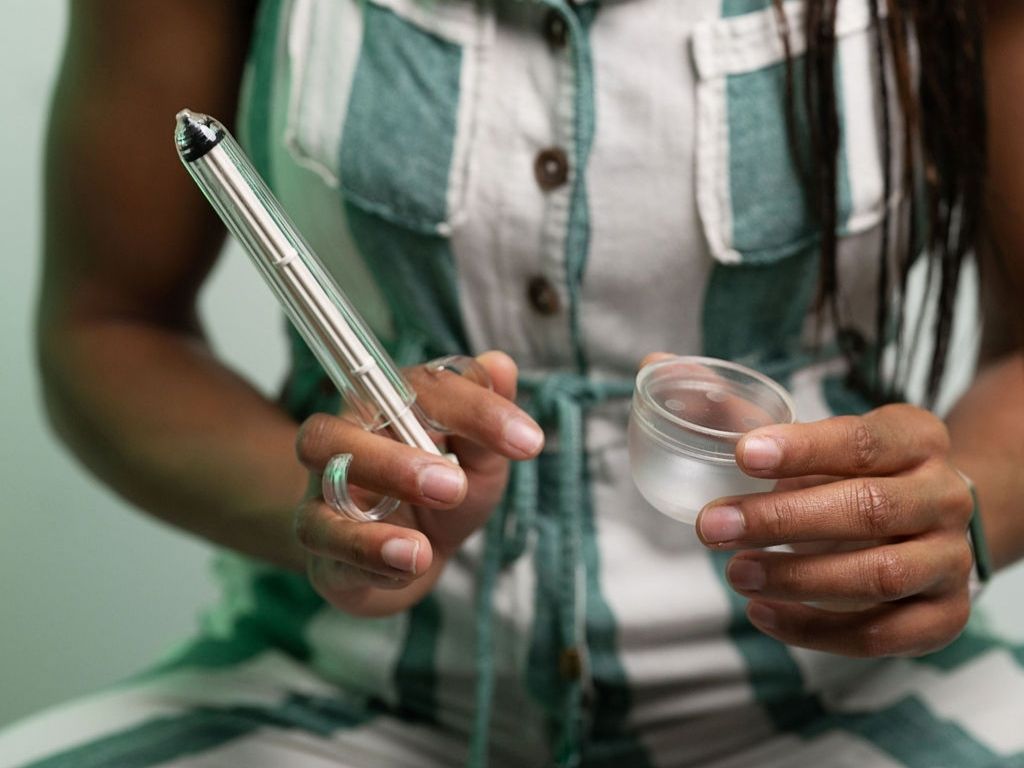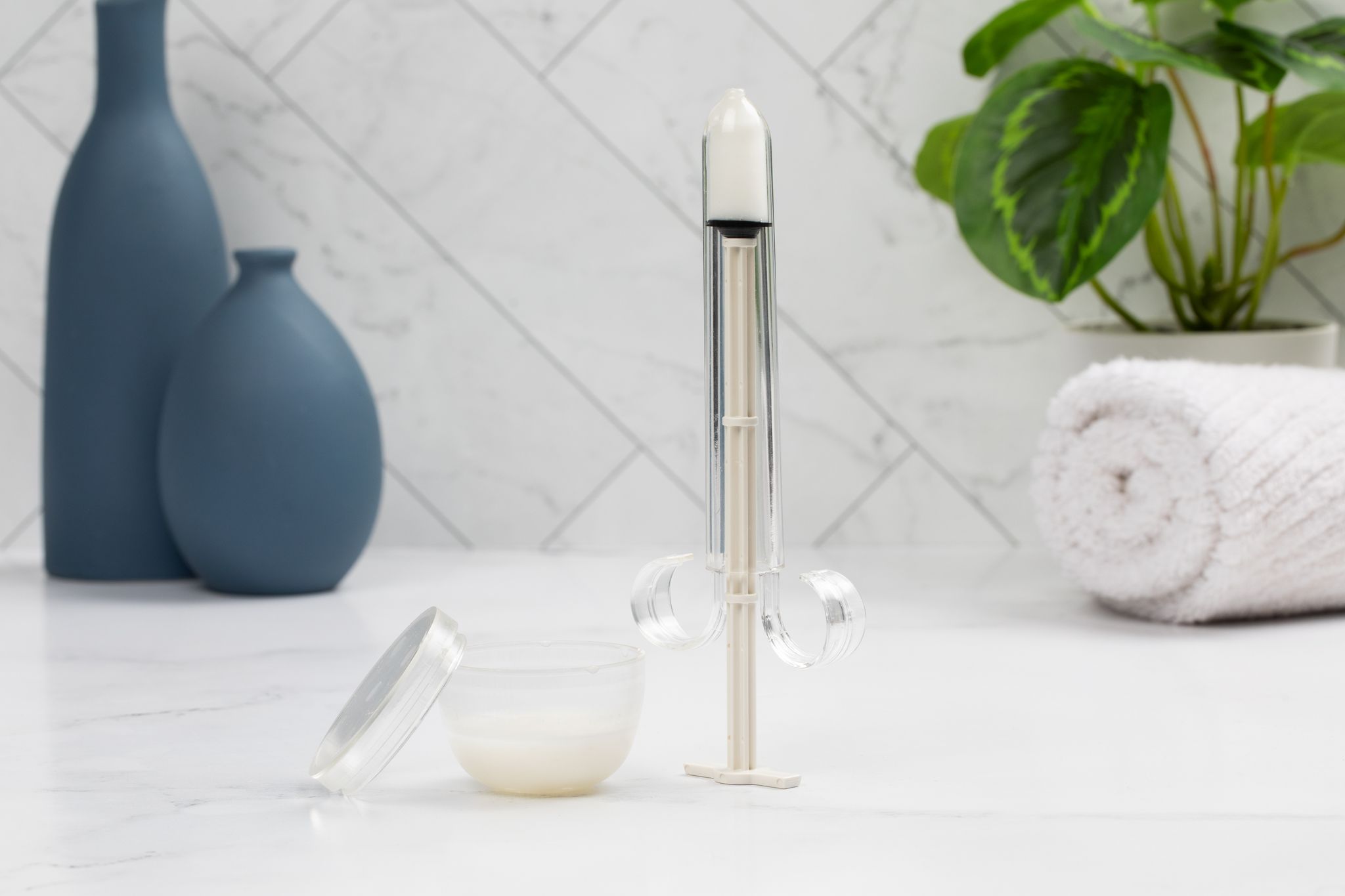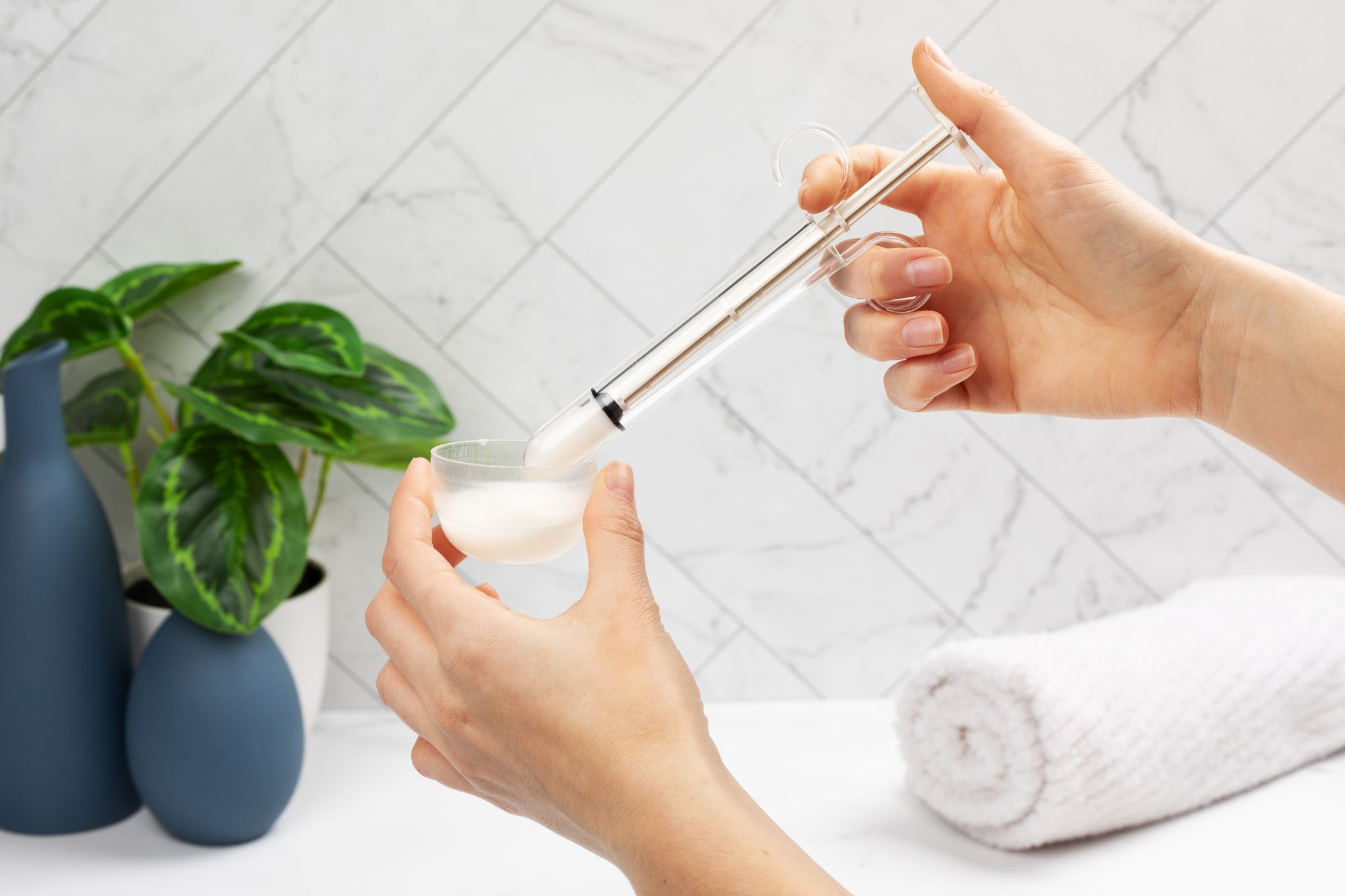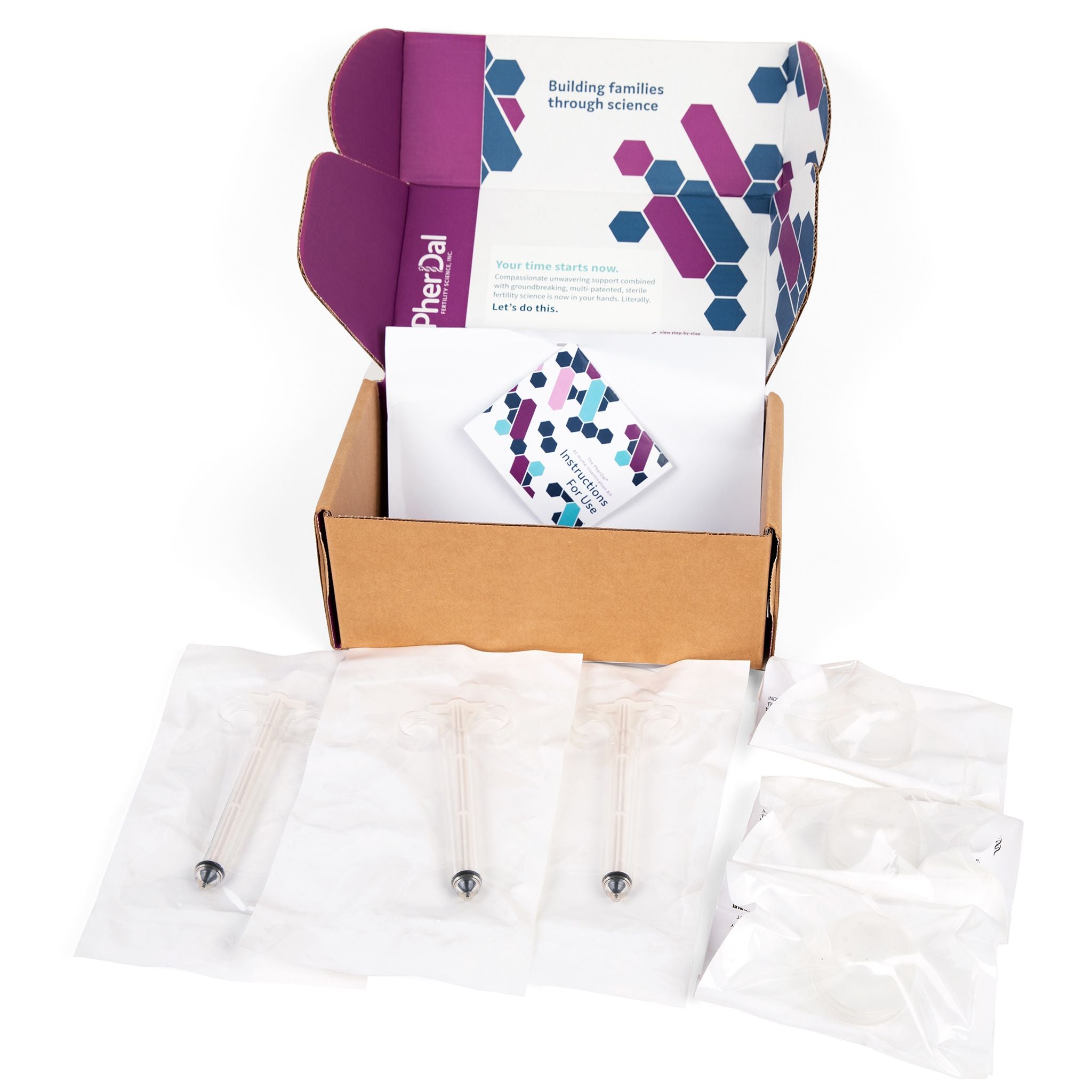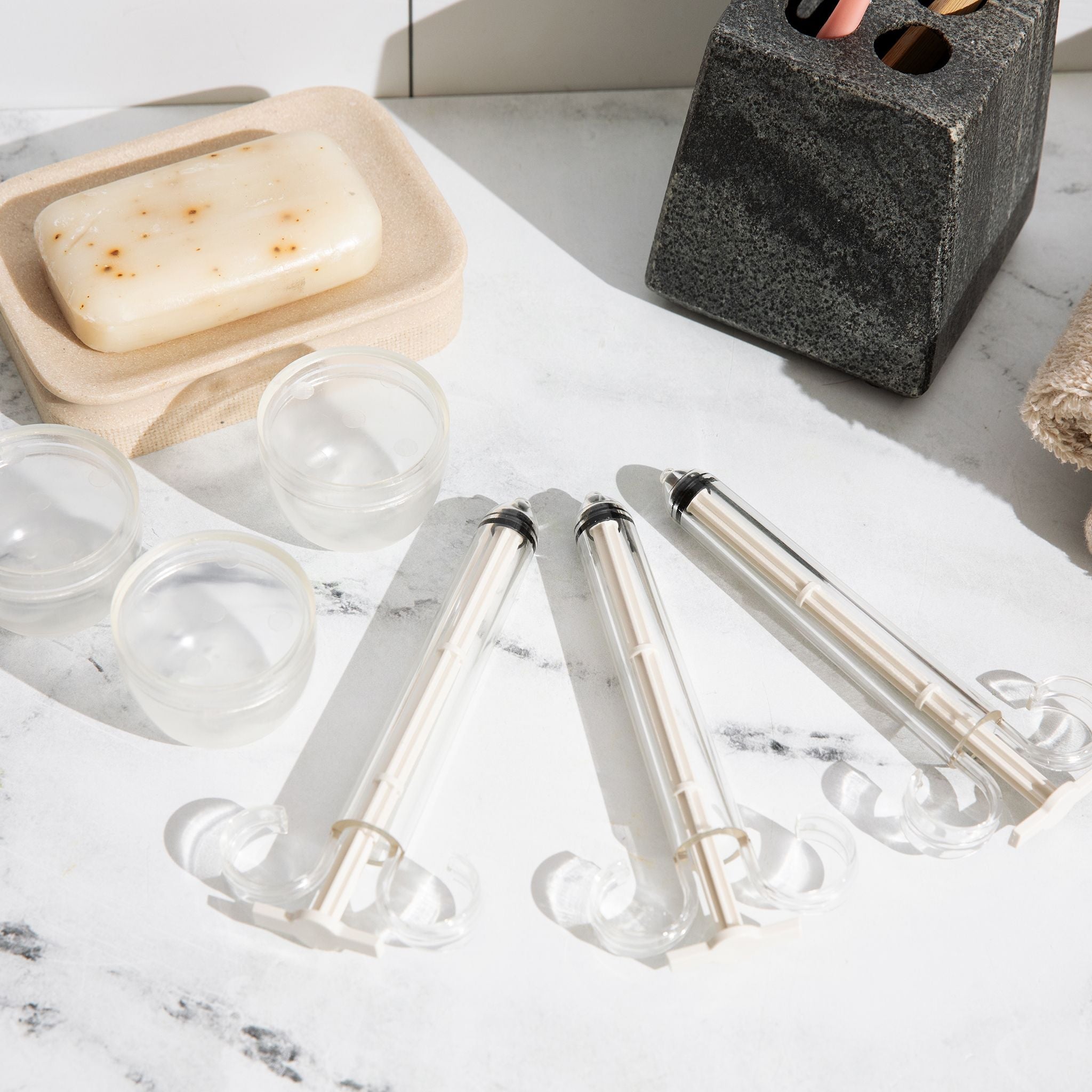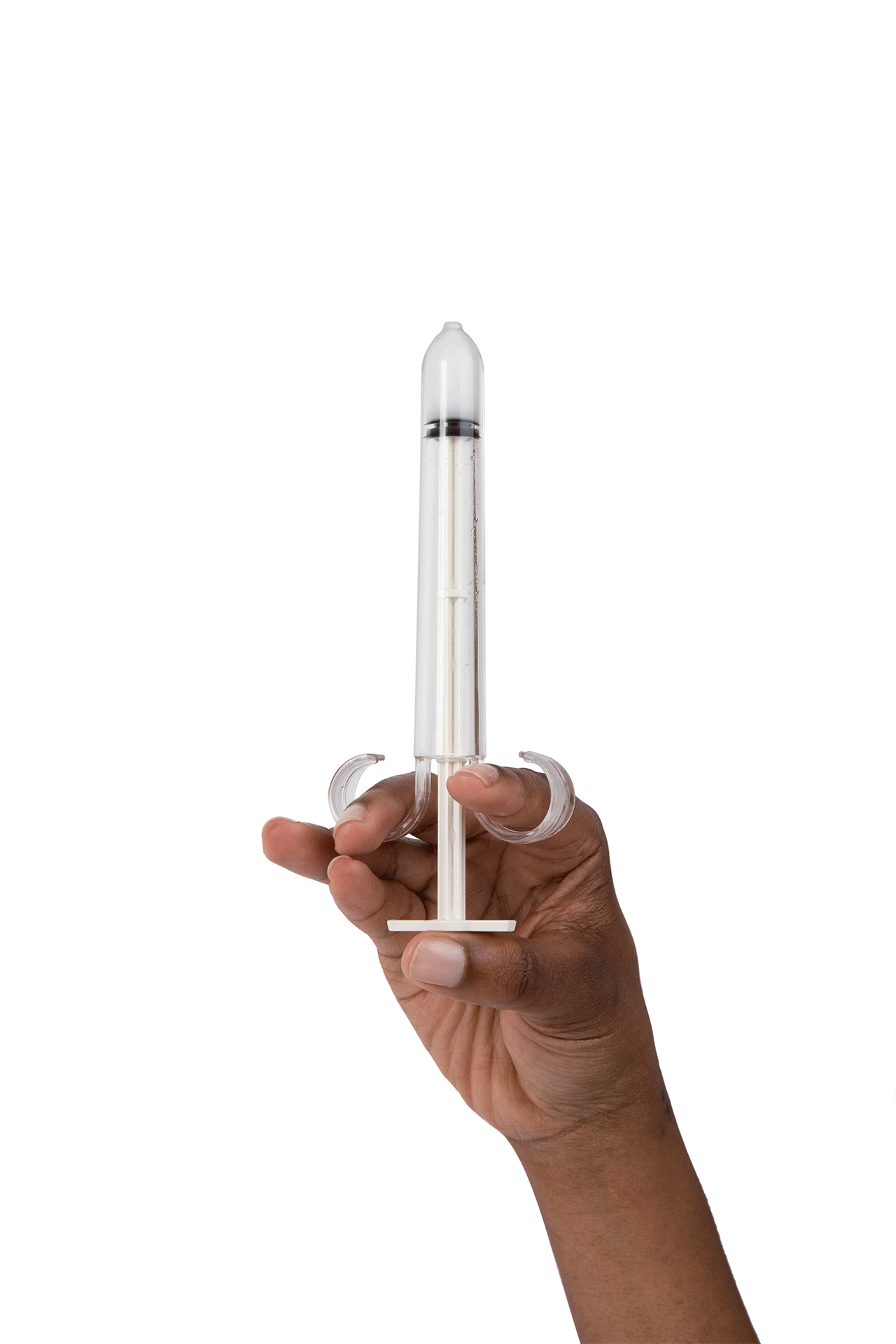If you haven’t been able to get pregnant, the road of heartbreak can lead you to a fertility doctor’s office. Medical science is capable of near-miraculous wonders within the womb, but that expertise doesn’t always make for the most clear or empathetic communication. As we all know, even a well-meaning fertility doctor—or reproductive endocrinologist (REI) can leave you feeling confused, insecure, and deeply angry and hurt by what they told you.
Your pain is real, and your experience navigating your infertility is a deeply personal journey that deserves answers that empower you to make the best choices. You will do a lot of listening, a lot of hoping, and perhaps a little crying in your REI’s office, and above all you deserve to have all your questions about your body asked and answered.
If you’re struggling with infertility, here are five questions you should make sure you ask your doctor so that you can be sure you’re on the right path.
1: What does my infertility diagnosis mean?
The language surrounding infertility isn’t exactly transparent. Asking for elaboration on your specific diagnosis is the first step to figuring out a plan of action. Many kinds of infertility negatively impact people’s ability to get pregnant, such as:
-
Endometriosis is a painful and heartbreaking cause of infertility in which normal internal uterine tissues grow outside as well. Up to 50% of women with endometriosis may suffer from infertility.
-
Polycystic ovary syndrome (PSOC) can cause irregular periods, damage ovaries, and cause anovulatory infertility rates as high as 80%.
-
Male factor infertility occurs when the man is biologically responsible for fertility issues, around 30 percent of the time, with women encompassing another 30 percent of infertility cases as a whole; the remaining 30 to 40 percent of infertility diagnoses have “no obvious reason for infertility,” which is especially frustrating.
Any of these conditions can cause primary or secondary infertility, so even if you’ve been blessed with a child already, you may experience infertility problems down the road. If anything your fertility doctor says is unclear, don’t be afraid to ask them to clarify!
2: What can I do to improve my chances of conceiving?
For some people, treating fertility with simple lifestyle changes or an FDA-cleared intravaginal insemination kit (IVI) can be an excellent way to overcome infertility challenges. Speaking with your doctor directly can help clarify which options might be best for you, and can guide you to one of these solutions:
-
Incorporate a healthy diet that’s low in processed foods and sugars and high in fruits and vegetables; be sure to hydrate each day, too.
-
Prioritize getting the right amount of sleep (I know, seems like a contradictory bedroom activity when trying to make a baby), about seven to eight hours a night.
-
Avoid alcohol and other substances like tobacco, caffeine, and illicit drugs, since they disrupt hormone/sperm production, ovulation, and more.
-
Try an IVI kit. The little boost a sterile intracervical insemination kit can deliver might be all it takes to combat infertility, and it’s a cost-effective and proven method for giving those sperm a head start towards your egg. Speak to your doctor about the FDA-cleared options available.
Lifestyle changes in conjunction with a high-quality sterile IVI kit can be the difference between a second line on a pregnancy test and expensive, time-consuming experiences in fertility clinics. Start off with your best foot forward, and ask your REI to help guide you to your best choices.
3: What are my treatment options?
Depending on the path your provider wants to take, you’ll be presented with several options to treat your infertility beyond lifestyle changes at home. The most common suggestion tends to be a few months of Intrauterine insemination (IUI) followed by in vitro fertilization (IVF) cycles. However, just because IUI and IVF are the most common treatments, doesn’t mean they’re the only options.
Here are the three main fertility treatments available, listed in order of ease of use and cost:
-
Intravaginal insemination (IVI) is an excellent first option people can try unless a doctor has expressly ruled it out for legitimate medical reasons. An FDA-cleared IVI kit offers you a sterile, effective, and affordable fertility treatment you can use within the privacy of your own home.
-
Intrauterine insemination (IUI) is an outpatient medical procedure that introduces washed sperm directly to the uterus during ovulation. It’s significantly more expensive and invasive than IVI. IUI also comes with risks associated with outpatient yet invasive medical procedures.
-
IVF involves fertilizing the eggs outside the womb and implanting your embryos manually. IVF is by far the most expensive option, and because of that, it’s typically recommended only after at least three rounds of IUI.
A fertility doctor will recommend specific fertility treatment based on your unique situation, but remember: it’s important to advocate for yourself! Not all doctors begin the conversation with IVI and not all treatments will be best for everyone. It’s also important to explore the latest FDA-approved treatments for fertility like IVI kits.
4: What are the costs and commitments?
Insurance coverage varies from person to person, employer to employer, and even state to state, so the out-of-pocket costs of ICI, IUI, IVF, egg freezing, and fertility medications vary quite a bit. Affordability could be a major factor in deciding what treatment to pursue.
-
A high-quality IVI kit typically costs well under $200 for multiple attempts, and should be tried for six months before moving onto more invasive and expensive procedures.
-
IUI can cost around $2,500 to $5000 per shot, depending on your insurance coverage, and doctors recommend a three-month commitment before moving on.
-
IVF is incredibly expensive; a single cycle ranges from $15,000 to $30,000, and multiple tries are often required to conceive. Additionally, the drugs prescribed alongside this procedure can cost $3,000 to $5,000 (nope, they’re not included with the IVF itself).
-
Egg freezing is $8,000 to $15,000 per cycle.
Bottom line: it adds up quick, with or without insurance coverage, and you can save yourself a lot of money, tears, and frustration by starting with the most affordable and least-invasive options.
5: I’m a little scared—what’s my best option?
Doctors sometimes forget how much mental health matters in fertility care. Healthcare providers are familiar with treatments like IVF and IUI because they’ve been relied upon for years, but in reality, reproductive technology has come a long way. People dealing with infertility actually have the opportunity to continue trying for a baby in privacy with ICI kits.
These kits are becoming the go-to first step in treating fertility, since many cases can be remedied by bringing sperm closer to the waiting egg, as IVI or ICI does. It’s a gentle method that allows you to see if your fertility merely needs a little assistance, typically for a modest investment under $200.
When looking into IVI kits, it’s important to hold the companies behind them to a high standard of safety, science, and success rates, which is precisely why the PherDal at-home IVI kit stands apart from others on the market.
Why choose PherDal?
Our IVI kit is the only completely sterile kit out there, and the only sterile kit to get FDA clearance. We’ve worked hard to design a scientifically sound product and provide hopeful parents with a truly supportive conception tool (and program) they can use at home.
The PherDal method prioritizes bodily autonomy and ease of use. An at-home ICI kit like ours serves as a low-stakes, low-cost foray into infertility treatment, where the people trying to get pregnant get to stay in control of the process.
Everyone deserves to have the family of their dreams. Regardless of what treatment plan your fertility doctor advises, we want your dream of parenthood to come true. Their expertise, coupled with our kit, could make all the difference in building your family.
Try the PherDal at-home insemination kit today!







